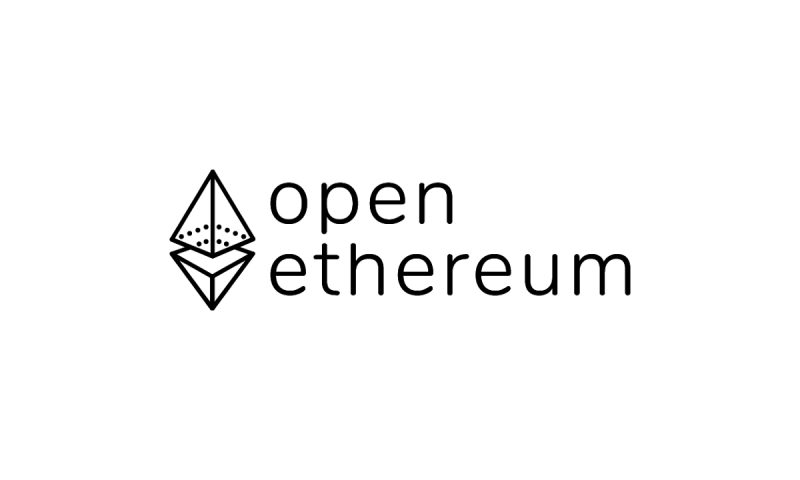In preparation for the impending Ethereum (ETH) Merge, OpenEthereum, one of the most popular Ethereum (ETH) clients, has stopped support for its software.
Clients are the essential components that enable users to run an Ethereum blockchain node. Users can participate in mining, develop services such as exchanges, and deploy network upgrades by operating a node.
OpenEthereum develops software that allows anybody to construct an Ethereum node and mine the cryptocurrency, which uses a proof-of-work (PoW) consensus process.
The organization announced the development in a Twitter thread on the 24th of May 2022.
With the Merge approaching and the legacy codebase becoming increasingly difficult to handle owing to its age, the OpenEthereum team decided it was time to terminate support.
The project was previously held by Parity Technologies, a blockchain infrastructure business, until being transferred to the OpenEthereum decentralized autonomous organization (DAO) in December 2019.
The OpenEthereum team indicated that well-documented clients were necessary to manage the forthcoming Merge and a successful transition to proof-of-stake (PoS), recommending users to Nethermind or Erigon as alternatives.
When is the Ethereum merge happening?
Vitalik Buterin, the co-founder of Ethereum, has announced that the blockchain network will convert to proof of stake this summer. He stated this during the ETH Shanghai Web 3.0 Developer Summit, stating that the Merge is,
“very close to happening.”
Ethereum’s move into a proof-of-stake (POS) method of consensus has been in the works for nearly seven years. However, there have been repeated delays and postponements that have disappointed many people. However, it looks like those frustrations are short to be forgotten.
The developers working on this transformation recently indicated that it might happen as early as August. Preston Van Loon, an Ethereum core engineer, spoke during the Permissionless panel on how ‘The Merge’ would launch if all went according to plan. He said,
“As far as we know, if everything goes to plan, August—it just makes sense. If we don’t have to move [the difficulty bomb], let’s do it as soon as we can.”
The long-awaited switch to PoS has several advantages. One of the most important is reduced energy use. With regulators targeting PoW cryptocurrencies, Ethereum’s move to PoS is seen as timely. In addition, the amount of decentralization is said to be higher because it takes numerous validators to run the network.





